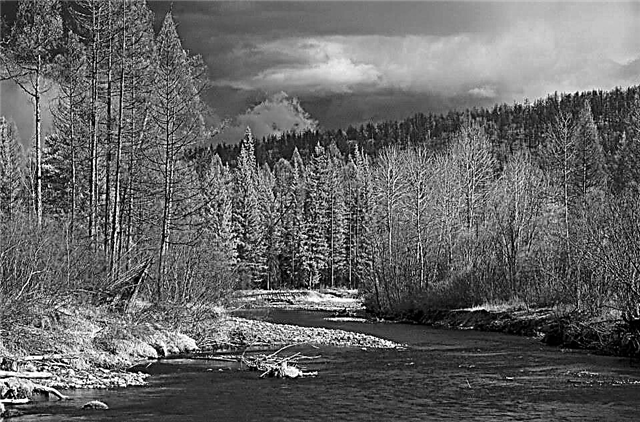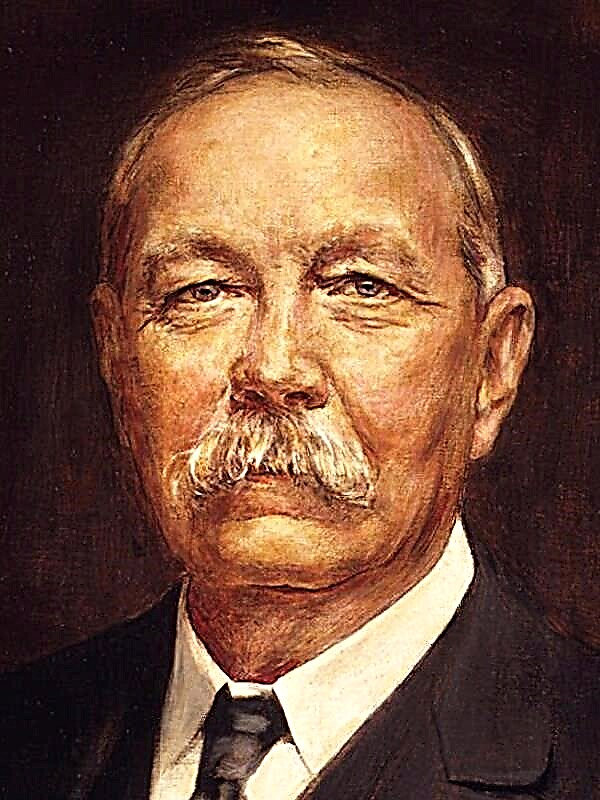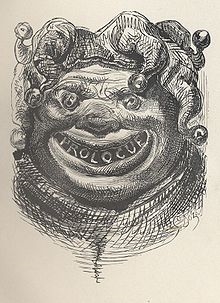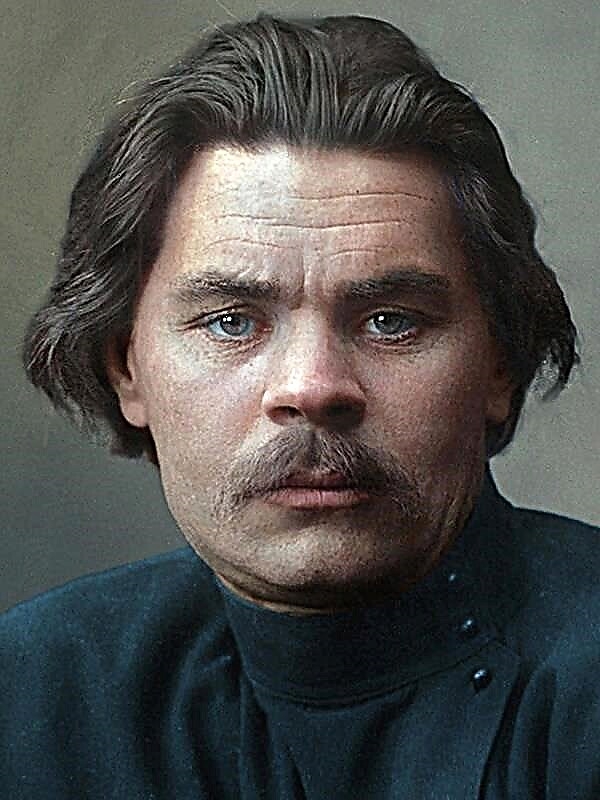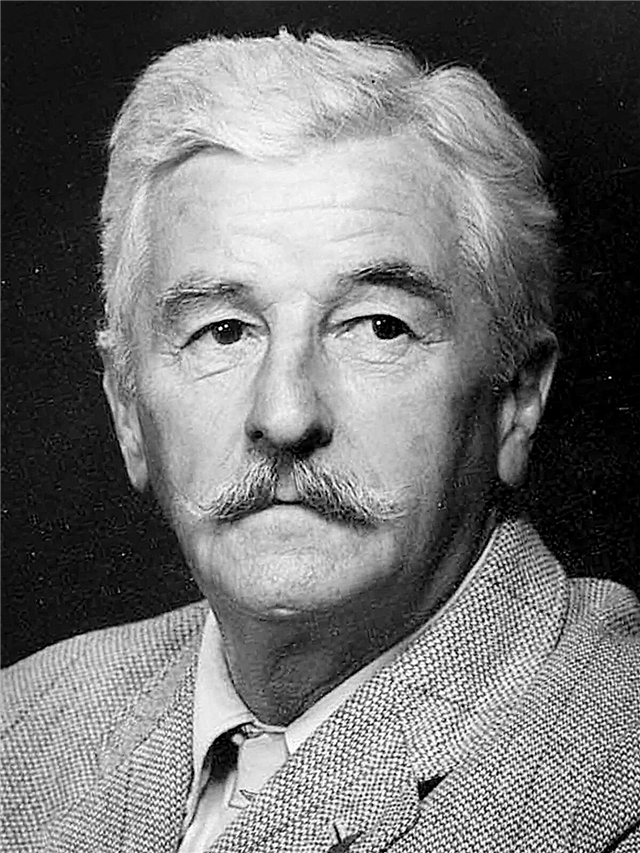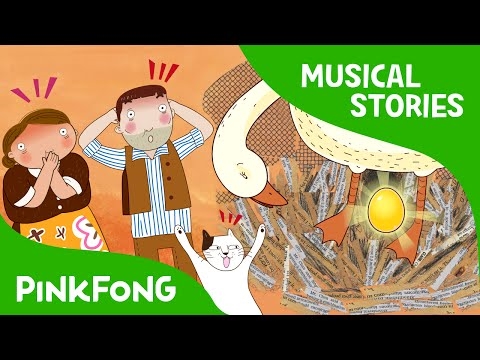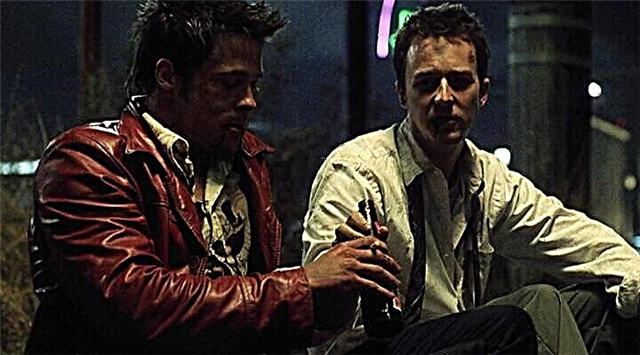The jets of the outgoing river ... They are continuous; but they are not all the same, the former waters. Foam bubbles floating in the backwaters ... they will either disappear, or will be contacted again, but it will not be possible for them to stay for a long time. People that are born, that die ... where do they come from and where do they go? Both the owner himself and his dwelling, both of them leave, competing with each other in the fragility of their existence, just like dew on the bindweed: the dew will fall off, but the flower will remain, but will dry up in the early sun; then the flower fades, but the dew has not disappeared. However, although she did not disappear, she could not wait for the evening.
Since then, as I began to understand the meaning of things, more than forty springs and autumns have passed, and during this time a lot of unusual things have accumulated, to which I have witnessed.
Once upon a time, on a turbulent, windy night, a fire started in the capital, the fire, turning here and there, turned around with a wide edge, as if they had opened a folding fan. The houses were covered with smoke, a flame was falling nearby, ashes flew into the sky, torn flames flew over the blocks, but people ... some were suffocated, others, enveloped in fire, were dying on the spot. Many thousands of men and women, noble dignitaries, ordinary people died, up to a third of houses in the capital burned down.
Once a terrible whirlwind rose in the capital, those houses that it covered with its blow collapsed instantly, the roofs flew from the houses like leaves in the fall, wood chips and tiles shone like dust, no voices of people could be heard from the terrible roar. Many people believed that such a whirlwind was a forerunner of impending misfortunes.
In the same year, the unexpected transfer of the capital happened. The emperor, dignitaries, ministers moved to the land of Setzu, to the city of Naniva, and after them everyone hastened to move, and only those who had failed in life remained in the old, dilapidated capital, which was rapidly declining. Houses broke and rafted along the Yodogawa River. The city turned into a field before our eyes. The former village is desolate, the new city is not ready yet, empty and dull.
Then, long ago it was and I do not remember exactly when, two years there was a famine. Drought, hurricanes and floods. They plowed, sowed, but there was no harvest, and prayer and special services did not help. The life of the capital city depends on the village, the villages were empty, they no longer cherished gold and rich things, many beggars roamed the roads. The following year it got even worse, diseases and obesity were added. People were dying in the streets without an account. Lumberjacks in the mountains weakened from hunger, and there was no fuel, they began to break houses and smash Buddha statues. “It was scary to see a gold pattern or cinnabar on the boards on the bazaar. The stench from corpses spread on the streets. If a man loved a woman, he died before her, parents “Before babies, because they gave them everything they had. So, at least forty-two thousand people died in the capital.”
Then a strong earthquake occurred: the mountains fell apart and buried rivers under themselves; the sea flooded the land, the earth opened up, and the water, seething, rose from the crevices. In the capital, not a single temple, not a single pagoda remained intact. Dust ran like thick smoke. The rumble from the shaking of the ground was just that thunder. People died both in houses and on the streets - there are no wings, which means that it is impossible to fly into the sky. Of all the horrors in the world, the most terrible is the earthquake! And how terrible the death of crushed children. Strong blows stopped, but the tremors continued for another three months. This is the bitterness of life in this world, and how much suffering falls on our hearts. Here are the people who are in a dependent position: joy will happen - they cannot laugh out loud, sad at heart - they cannot cry. Just like sparrows at the kite’s nest. And as people from rich houses despise them and do not put anything in anything, their whole soul rises at the thought of it. He who is poor has so much grief: you become attached to someone, you will be filled with love; if you live like everyone else, there will be no joy, you won’t act like everyone else, you will look like a madman. Where to settle, what to do?
Here I am. I had a house by inheritance, but my fate changed, and I lost everything, and now I made myself a simple hut. For thirty-odd years, I suffered from wind, rain, floods, and was afraid of robbers. And by itself I realized how insignificant our life is. I left home, turned away from the bustling world. I had no relatives, no ranks, no awards.
Now I have already spent a lot of spring and autumn in the clouds of Mount Oharayama! My cell is very small and cramped. There is an image of the Buddha Amida, in the boxes - a collection of poems, musical plays, instruments of biwa and koto. There is a table for writing, a brazier. In the kindergarten medicinal herbs. Around the trees, there is a reservoir. Ivy hides all traces. In the spring - waves of wisteria, like purple clouds. In the summer you listen to the cuckoo. In autumn, cicadas sing about the fragility of the world. In winter, snow. In the mornings I watch the boats on the river, play, climbing to the tops, collect brushwood, pray, keep silence, At night I remember my friends. Now my friends are music, the moon, flowers. My hemp coat, the food is simple. I have no envy, fear, anxiety. My being is like a cloud floating in the sky.

